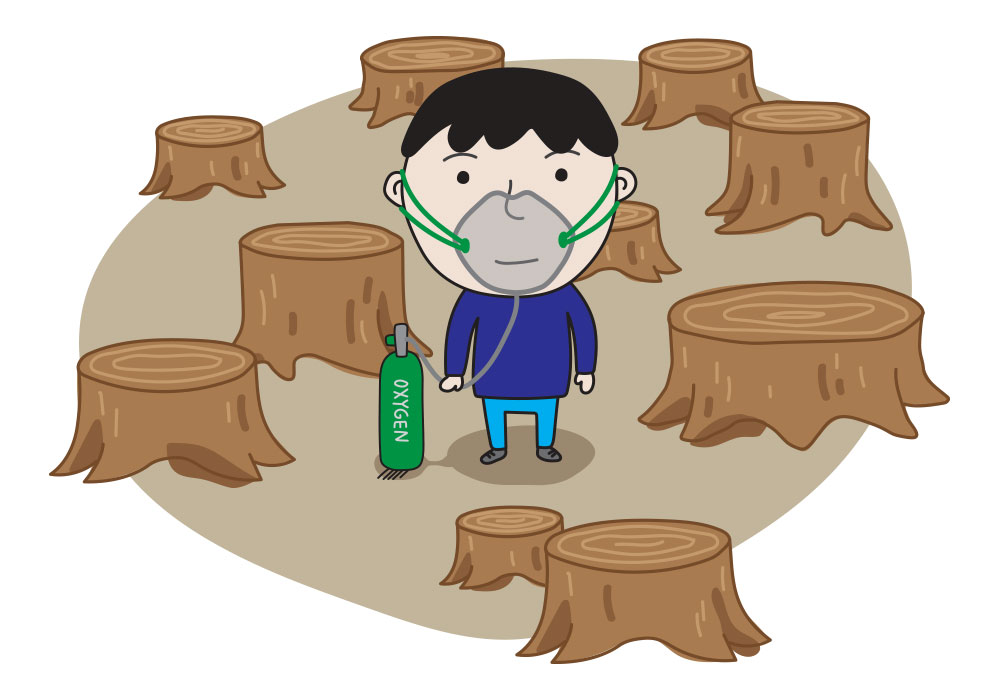1) A person willing and able to be an advocate for any claim, regardless of the merit of the claim.
2) A person hired by a company to hold a view that advances the company’s interests.
3) A person who subordinates the facts and their own convictions to the interests of the company that hired them.
Corporate lawyers and people in advertising are sophists. Such people are hired to advance ideas and claims which may be at odds, prior to the payment, with what they believe and which may be at odds with the facts.
Q: “What view will you hold today?”
A: “It depends on who’s paying me.”
A sophist can and is willing to advocate any idea or claim. But there are many ideas and claims that are not profitable to advocate (such as trees are important to ecosystems) and therefore funds are not allocated to advance these claims. However, others claims—such as those that give a company access to resources and those that allow companies to pollute—are not only profitable but fundamental to a company’s operations.
In corporate law and advertising, the sophists are hired to advocate the claims of corporations. When they select a claim to advance it is only because it is in their vested interest to do so. If the claim is accepted by the public or by legislatures then company will be allowed to strip a resource from an ecosystem, pollute or avoid liability. This reduces costs for the corporation and increase profits. Because it is in the interests of corporations to gain access to resources as inexpensively as possible and to push the costs of pollution its operations produce, they hire sophists to defend those practices, conceal them, mislead the public about them, or argue that these practices are beneficial to us.
EXAMPLE
One example of the work of sophists are the television commercials claiming that natural gas is good for the environment when in fact CO2 concentrations are already causing the extinction of many species. Another example of the work of sophists are those lawyers representing the coal company who challenged the Clean Power Act, which sought to reduce CO2 emissions, at the Supreme Court.
CHRONOLOGY
A company selects a claim > a sophist is hired > the sophist finds the best way to persuade others of that claims > the sophist presents that argument to the public (via the media) or the courts or via lobbying of legislators > the argument is accepted as a fact > the decisions and behavior of public change accordingly > ecosystems bear the consequence of those actions and behaviors.
LANGUAGE
It is unique to humans to be able to propose an idea that is in opposition to the laws of evolution or that harms ecosystems or construct an idea in contradiction of the laws of physics, chemistry and biology.
